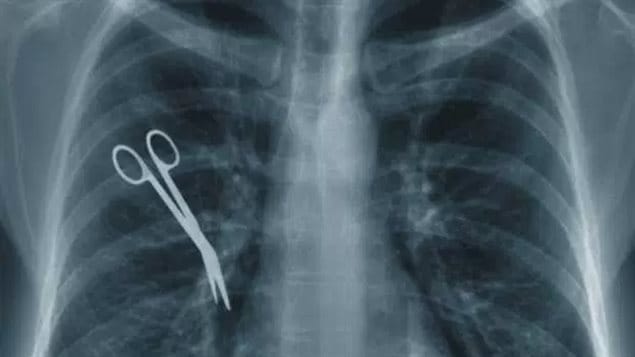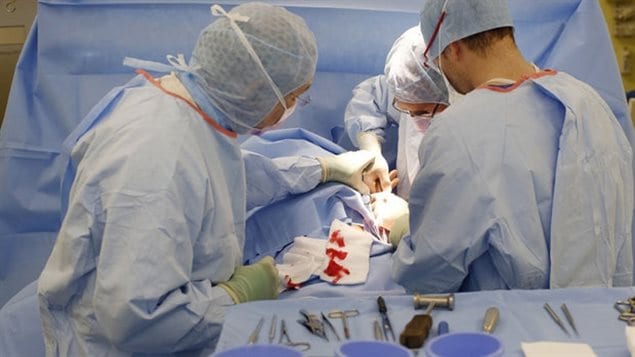Between 2004 and 2013, there were just under 3,000 cases of malpractice complaints and settlements from medical errors in Canada
The information comes from a new study by the Canadian Patient Safety Institute (CPSI), in conjunction with key healthcare stakeholders, which formed formed the National Patient Safety Consortium in January 2014.
The agency reviewed the almost 1600 complaints lodged with the Canadian Medical Protective Association (CMPA), an organization which
provides liability protection for most physicians, and another almost 1,400 cases from the Healthcare Insurance Reciprocal of Canada (HIROC) which provides liability insurance to many medical organizations and their staff.
The report is called Surgical Safety in Canada: A 10-year review of CMPA and HIROC medico-legal data
The review looked at resolved medical-legal cases and includes cases where something obviously was incorrect, while others involved situations where there were inherent risks in the surgery itself.

When a sponge, or tool, or other object is left inside a patient it’s called a “retained foreign body”, that and wrong surgeries were identified in 12 percent of CMPA and 18 percent of HIROC cases.
Severe patient outcomes, including permanent harm,even death, were found in 32 percent of CMPA cases, and 39% of HIROC cases.
The study said usually multiple factors are involved in errors but that “system failures” were involved in just of 40 percent of both CMPA and HIROC cases, but physician factors were involved in 64 percent of CMPA cases and 93 percent of HIROC cases.
Some of the reasons for the system errors include
- Issues with protocols/process
- Communication issues
- Absent,sparse,illegible documentation
- Faulty equipment, wrong application, non approved use of equipment
- Resource and wait times: equipment, beds, staff
- Administrative-OR bookings, delayed report, information technology
Doctor issues include
- decision making
- situational awareness
- diagnostic issues
- medication issues
- physician conduct
Many hospitals and some provinces have since begun mandatory checklists before a surgery even begins, and performing rigourous counts before and after surgefy to ensure every towel, sponge, needle, scissors, clamp or other tool that went into the operating room is accounted for at the end.
additional information-sources







For reasons beyond our control, and for an undetermined period of time, our comment section is now closed. However, our social networks remain open to your contributions.